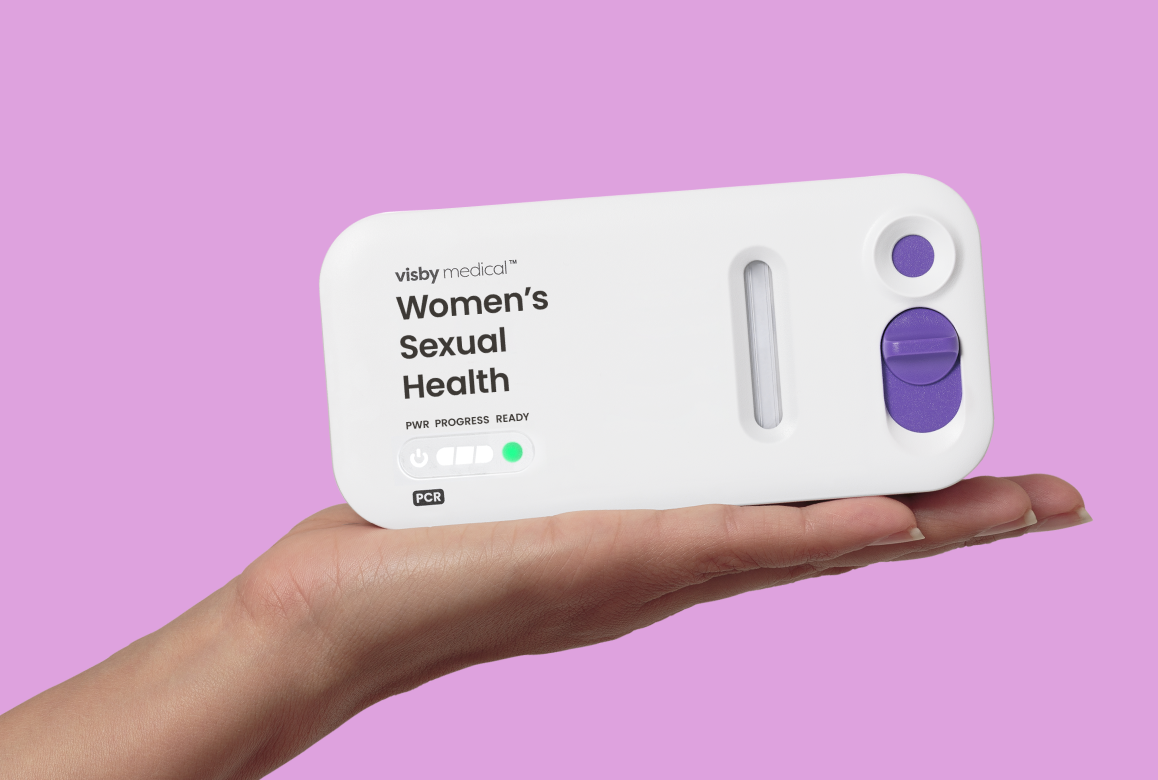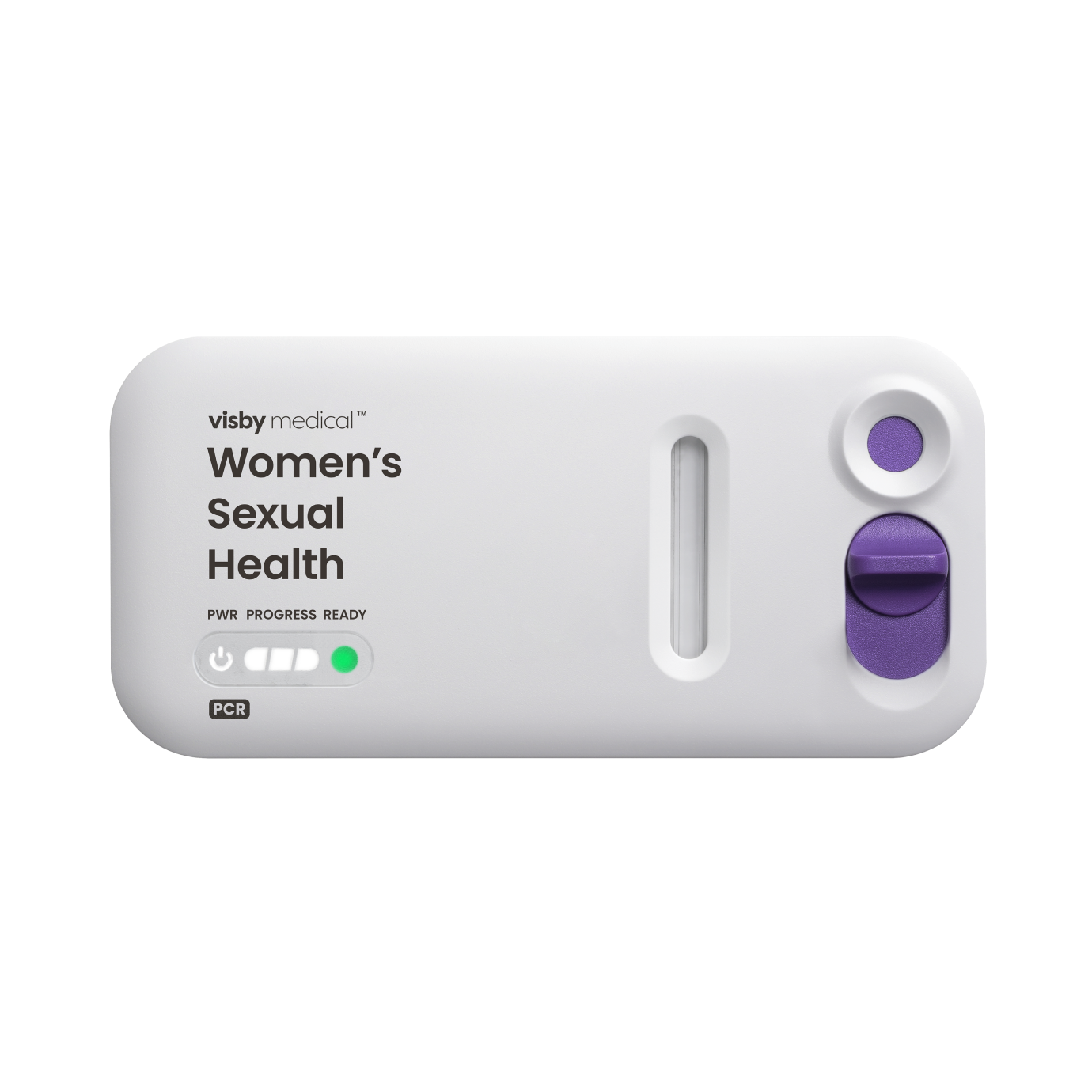
Written By: Jillian Foglesong Stabile MD, FAAFP, DABOM
What Is DHEA and Its Role in the Body?
Dehydroepiandrosterone (DHEA) is a type of hormone primarily produced in the zona reticularis region of the adrenal glands. [1] DHEA is an androgen steroid hormone. It plays a role in several pathways including biochemical, physiological, and biochemical processes in the body. [2] Some of the roles of DHEA include [1-5]:
- Precursor to androgen and estrogens (male and female sex hormones)
- Development of male sex characteristics during puberty such as deepening of the voice, sperm development, and facial and chest hair growth
- Decreases inflammation
- Improves the sensitivity of the body to insulin
- Improves memory and brain function
- Improves libido and sexual function
- Red blood cell production
- Menstrual regulation
- Bone metabolism
DHEA is also being studied for its role in aging. DHEA levels naturally get lower with age. Decreased DHEA levels have been associated with decreased vitality and function as well as an increase in all-cause mortality and cardiovascular mortality. [6]
DHEA comes in two primary forms: DHEA and DHEAS. DHEAS is the sulfated metabolite of DHEA. The conversion of DHEA to DHEAS occurs in the adrenal glands and liver. [7]
Symptoms of Elevated DHEA in Women
DHEA plays several important roles in the body, but when elevated in women and people assigned female at birth (AFAB), it can cause several symptoms. Some of the possible high DHEA levels symptoms include [8,9]:
- Excessive growth of facial or body hair
- Loss of hair on the head (male pattern baldness)
- Deepening of the voice from lengthening of vocal cords
- Acne on the face and body
- Increased muscle definition
- Menstrual problems
- Infertility
- Thinning of the vaginal mucosa
- Enlargement of the clitoris
Low levels of DHEAS can also cause symptoms, but this is a topic for another day. Hormonal imbalances have many potential causes.
Causes of Elevated DHEA in Women
There are many possible causes for abnormalities in DHEA levels in women and people AFAB.
Polycystic Ovarian Syndrome
There is a strong association between DHEA and women’s health. Polycystic ovarian syndrome (PCOS) is one of the common causes of elevated DHEA levels. PCOS is the most common disorder of hormones in women of reproductive age. It can be diagnosed if at least two of the following characteristics are present [10]:
- Absence of ovulation
- Elevated androgen levels
- Multiple ovarian cysts
PCOS is a form of functional ovarian hyperandrogenism. In addition to causing elevated DHEA levels, it can also cause insulin resistance, elevated 17-hydroxyprogesterone levels, and elevated DHEA levels. PCOS is associated with multiple other conditions, including [10]:
- Obesity
- Sleep apnea
- Endometrial cancer
- Metabolic syndrome
- Infertility
- Metabolic-associated fatty liver disease (MAFLD)
- Cardiovascular disease
- Type 2 diabetes
- Depression
PCOS is a complex and multifactorial condition that can have significant long-term metabolic effects.
Adrenal Tumors
Certain types of adrenal tumors can produce excessive amounts of DHEA. DHEA levels associated with adrenal tumors are usually very elevated. However, this is a rare cause of DHEA elevation. [11]
Congenital Adrenal Hyperplasia
Congenital adrenal hyperplasia is a group of conditions associated with hormone abnormalities, including increased DHEA. There are two forms of the disease. Classic congenital adrenal hyperplasia is usually diagnosed after birth and can cause abnormal external genitalia and elevated androgen levels. Nonclassic congenital adrenal hyperplasia is diagnosed in late childhood or early adulthood and is associated with early puberty, irregular periods, and other signs of elevated androgen levels. [12] Congenital adrenal hyperplasia is usually due to a genetic abnormality in an enzyme that the adrenal glands use to make hormones.
Precocious Puberty
Elevated DHEA levels at a young age are associated with early-onset puberty. Elevated androgen levels cause symptoms including body odor, oily skin, and adult body hair patterns. Precocious puberty is associated with other metabolic conditions, such as obesity and diabetes. [13]
Stress
Stress, both chronic and acute, is associated with a number of hormonal imbalances, and DHEA is one of them. According to a meta-analysis published in Frontiers in Psychiatry, elevated levels of DHEA are associated with acute stress. [14] DHEA levels peak towards the end of stress. After acute mental stress ends, the DHEA levels gradually decline to prestress levels. DHEA levels are more likely to be higher in women and people AFAB, young people, and people with obesity. Chronic stress, on the other hand, is associated with suppressed levels of DHEA. [15]
Medications
Several medications can increase the levels of DHEA in the blood. Some of these include [16]:
- Alprazolam
- Amlodipine
- Anastrozole
- Nifedipine
- Danocrine
- Diltiazem
- Methylphenidate
- Metopirone
- Vitamin D3
This list is not meant to be complete, and you should talk to your healthcare provider or pharmacist if you have concerns about your medications interacting with your DHEA levels. DHEA is also often used as a supplement for aging and adrenal support. If you are taking any supplements or herbal remedies, it’s important to look closely at the labels and talk to your healthcare provider to ensure that these are not contributing to your symptoms.
Testing and Diagnosis
If you’re wondering how to evaluate for DHEA hormone imbalance, you’re in luck. DHEA levels can be measured in your blood or saliva. [3,17] DHEA levels tend to be stable throughout the day, so the test doesn’t require specific timing.
DHEA levels are often tested in conjunction with other hormone levels to get a more complete picture of your hormonal health. If you’re concerned about elevated DHEA levels or other signs of hormone imbalance, you should talk to your healthcare provider. They can guide you through testing and treatment options.
Treatment Options for Elevated DHEA
There are several treatment options for elevated DHEA levels. These may vary based on the cause of the elevation. Dietary changes such as increasing fiber intake and decreasing sugary beverages may be beneficial. [18] Stress management may also help prevent elevated DHEA levels. Yoga, meditation, and mindfulness have all shown promise in lowering DHEA levels naturally. [19]
Some medications may also be used as elevated DHEA treatment options. Some of these include [9]:
- Oral contraception pills
- Spironolactone
- Cyproterone
Other treatments target symptoms such as acne, irregular periods, and hirsutism. Topical acne medications, birth control, and physical hair removal methods may control the symptoms. [9]
Glucocorticoids such as dexamethasone have also been used to treat elevated DHEA levels. [20]
If the elevated DHEA levels are the result of an adrenal or ovarian tumor, then surgery may be indicated. Ovarian tumors that cause elevated DHEA levels are usually benign, though adrenal tumors that elevate DHEA levels can be either benign or malignant. [21] Surgery generally resolves symptoms relatively quickly.
Some dietary supplements have been studied for the treatment of women with PCOS. Some of the herbs and supplements that have been used to improve symptoms include marjoram, spearmint, maca root, magnesium, n-acetylcysteine, cinnamon, alpha-lipoic acid, and omega-3 fatty acids. [22,23]
Take Control of Your Hormonal Health With Everlywell
If you’re experiencing symptoms of elevated DHEA or other signs of hormonal imbalance, Everlywell is here to help. Our certified healthcare providers are available to help answer your questions. Consider a virtual visit to guide you through your healthcare journey. Determining the cause of hormonal imbalances can be tricky, so consulting with a healthcare provider is very important for proper diagnosis and treatment.
At Everlywell, we also have a range of lab options including our Women’s Health Test, which tests several key female hormones including DHEA. Our test evaluates both saliva and a finger prick blood sample to measure these key hormone levels. Let Everlywell be your hormonal health partner today.
References
- DHEA. Mayo Clinic. Medical Citation URL.
- Traish AM, Kang HP, Saad F, Guay AT. Dehydroepiandrosterone (DHEA)—A precursor steroid or an active hormone in human physiology (CME). The Journal of Sexual Medicine. 2011;8(11):2960-2982. Medical Citation URL.
- Professional CCM. DHEAS Test (DHEA Sulfate test). Cleveland Clinic. Published December 19, 2024. Medical Citation URL.
- Dehydroepiandrosterone. Mount Sinai Health System. Medical Citation URL.
- Professional CCM. Adrenal cortex. Cleveland Clinic. Published December 19, 2024. Medical Citation URL.
- Schwartz AG. Dehydroepiandrosterone, cancer, and aging. Aging and Disease. 2022;13(2):423. Medical Citation URL.
- Dehydroepiandrosterone and dehydroepiandrosterone sulfate. Stanford Medicine Children’s Health. Medical Citation URL.
- DHEA sulfate test. Medical Citation URL.
- Hyperandrogenism. Cleveland Clinic. Published December 19, 2024. Medical Citation URL.
- Rasquin LI, Anastasopoulou C, Mayrin JV. Polycystic ovarian disease. StatPearls - NCBI Bookshelf. Published November 15, 2022. Medical Citation URL.
- Asban A, Patel AJ, Reddy S, Wang T, Balentine CJ, Chen H. Cancer of the endocrine system. In: Elsevier eBooks. ; 2020:1074-1107.e11. Medical Citation URL.
- Congenital adrenal hyperplasia. Johns Hopkins Medicine. Published November 9, 2021. Medical Citation URL.
- Pereira A, Iñiguez G, Corvalan C, Mericq V. High DHEAS is associated with earlier pubertal events in girls but not in boys. Journal of the Endocrine Society. 2017;1(7):800-808. Medical Citation URL.
- Dutheil F, De Saint Vincent S, Pereira B, et al. DHEA as a Biomarker of stress: A Systematic Review and Meta-Analysis. Frontiers in Psychiatry. 2021;12. Medical Citation URL.
- Lennartsson AK, Theorell T, Rockwood AL, Kushnir MM, Jonsdottir IH. Perceived Stress at Work Is Associated with Lower Levels of DHEA-S. PLoS ONE. 2013;8(8):e72460. Medical Citation URL.
- Dehydroepiandrosterone. Mount Sinai Health System. Medical Citation URL.
- Meshari SZA, Aldweesh AH. Correlation between salivary dehydroepiandrosterone sulfate (DHEA-S) levels and cervical vertebral maturation in Saudi individuals. The Saudi Dental Journal. 2022;34(5):355-361. Medical Citation URL.
- Mäntyselkä A, Jääskeläinen J, Eloranta A, et al. Associations of lifestyle factors with serum dehydroepiandrosterone sulphate and insulin‐like growth factor‐1 concentration in prepubertal children. Clinical Endocrinology. 2017;88(2):234-242. Medical Citation URL.
- Jørgensen MA, Pallesen KJ, Fjorback LO, Juul L. Effect of Mindfulness‐Based Stress Reduction on dehydroepiandrosterone‐sulfate in adults with self‐reported stress. A randomized trial. Clinical and Translational Science. 2021;14(6):2360-2369. Medical Citation URL.
- Redmond GP, Gidwani GP, Gupta MK, et al. Treatment of androgenic disorders with dexamethasone: Dose-response relationship for suppression of dehydroepiandrosterone sulfate. Journal of the American Academy of Dermatology. 1990;22(1):91-93. Medical Citation URL.
- Sharma A, Welt CK. Practical approach to hyperandrogenism in women. Medical Clinics of North America. 2021;105(6):1099-1116. Medical Citation URL.
- NutritionFacts.org. What does the research say about dietary interventions for PCOS? NutritionFacts.org. Published August 21, 2023. Medical Citation URL.
- Haj‐Husein I, Tukan S, Alkazaleh F. The effect of marjoram (Origanum majorana) tea on the hormonal profile of women with polycystic ovary syndrome: a randomised controlled pilot study. Journal of Human Nutrition and Dietetics. 2015;29(1):105-111. Medical Citation URL.
Get started
Latest offers
Explore Everlywell








